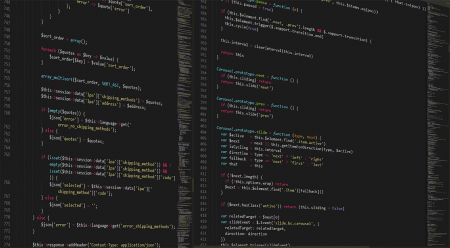Я написала пересказ. Кто силен в грамматике, прочтите пожалуйста. Все ли
Я написала пересказ. Кто силен в грамматике, прочтите пожалуйста. Все ли правильно составлено? Есть оплошности?
Пересказ:
In Britain it is compulsory for everyone to receive recognized form of schooling, though most secondary schools continue it provide education until the age of 18. Normally between the ages of 5 and 16 years. Exist: comprehensive schools, public schools.
The primary school is divided into Infants-5-7 years old, and Juniors-7-11 years old. At the age of 11 pupils change from primary to secondary school, where they stay until they are 16. Also, young people
have the opportunity to pass professional training.( for 14 to 18 year olds)
After the young people turn 16, they take their examination for General certificate of Secondary Education. Here are assessed their
common knowledge and knowledge in special subjects.
To continue their education at the schools or College students must have their examination grades in their GCSE exams not lower than C. Also education can be continued in schools in the "Sixth Form or in Sixth Form Colleges. After whish take up GCE A-level. Others take up GNVQs
(Intermediate or advanced level).
Both GCE a-levels and GNVQs Advanced level are accepted as entry qualifications for higher education in the universities.
Да, ошибки есть. Но Вы не расстраивайтесь, пересказ хороший. Советую подтянуть грамматику. А пока:
In Britain it is compulsory for everyone to choose a form of the school education, though most secondary schools continue provide education until the age of 18. Normally between the ages of 5 and 16 years. Exist: comprehensive schools, public schools.
The primary school is indented for 5-7 years old kids/infants ( оба варианта правильны), and Juniors is indented for 7-11 years old. At the age of 11 pupils go to a secondary school, where they stay until their 16th birthday. Also, young people
have the opportunity to pass professional training.( for 14 to 18 years old).
After the young people turn 16, they take/pass (оба варианта правильны) their exams to get General certificate of Secondary Education. Here are assessed their
common knowledge and knowledge in special subjects.
To continue their education at schools or a College students must have their exams' grades in their GCSE not lower than C. Also education can be continued in Sixth Forms or in Sixth Form Colleges. After which they will/are going to take up (в данном случае это практически идиентично. Это просто тонкости грамматики. Изберите хоть какой вариант) GCE A-level. Others will take up GNVQs
(Intermediate or advanced level).
Both GCE a-levels and GNVQs Advanced level are accepted as entry qualifications for higher education in the universities.
P.S. конкретно Sixth Forms or Sixth Form Colleges. Эта ступень образования сильно отличается от школы. Если хотите, я расскажу Вам в личку. Я превосходно знаю про это.
А то, как было написано у Вас, к раскаянию, было с оплошностями
-
Вопросы ответы
Статьи
Информатика
Статьи
Математика.
Физика.
Математика.
Разные вопросы.
Разные вопросы.
Математика.
Разные вопросы.
Математика.
Физика.
Геометрия.




